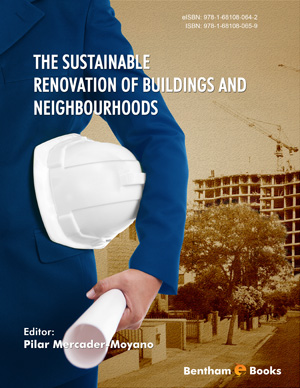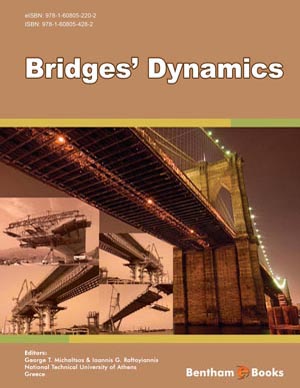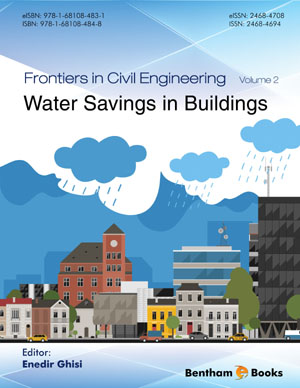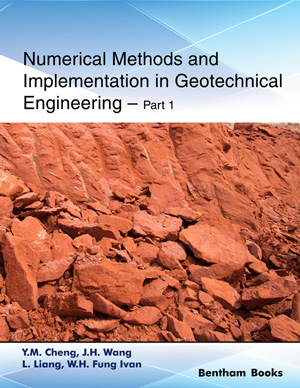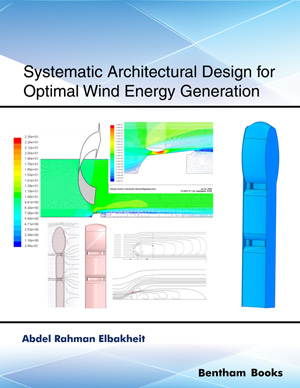Abstract
We are facing on the twenty-first century Andalusian cities significant changes in their social and economic structure, which proves the need of researching on policies that assure the right to housing. In the near future, we will find a difficult socioeconomic situation: the population of our cities and neighbourhoods will be composed of a majority of elderly people that will mostly live in obsolete dwellings that are not adapted to their housing requirements, considering moreover the aggravating fact that they will not be able to afford a refurbishment, upgrading or adaptation of the buildings. The public administration will not have enough resources to subsidise those works, neither will it be able to increase the offer of specialised housing to meet the expected demand in the medium and long term. In order to intervene in neighbourhoods through viable, efficient and adjusted to social, political and economic reality operations, the research team (Re)Programa (TEP-954), suggest the need for an integrated, multidisciplinary and multilevel analysis that considers four basic pillars, which are conservation of buildings, socio-economic situation, policies for energy saving and financing and management. We expose and analyse the objectives, criteria, analysis methodology, the case studies and the assessment tools developed in the project “(Re) habitation+ (Re) generation+ (Re) programming. Renovation and sustainable management of the Andalusian building stock. Management of living urban environments from an active ageing, gender and urban liveability approach”, funded by the Department of Public Works of the Government of Andalusia, between 2013 and 2015.
Keywords: Ageing, building renovation, built environment, CO2 savings, collective housing, economic levels, energy efficiency, financing tools, gerontology, guidelines, habitability, life satisfaction, life-quality, management, neighbourhoods, protocol, questionnaires, refurbishment, south Europe, sustainable development.


